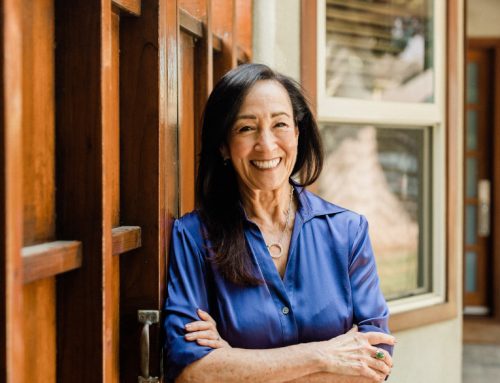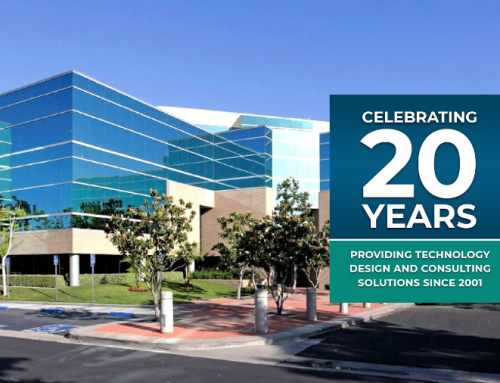PlanNet was in attendance and sponsored today’s Celebrating the Dream, the 2015 MLK Community Health Foundation Luncheon.
The event took place at the Grand Hall in the Dorothy Chandler Pavilion. Event honorees included Dr. Cynthia A. Telles, Director of the UCLA Spanish Speaking Psychosocial Clinic with the Department of Psychiatry at The David Geffen School of Medicine who received the Yancey Award. Forest Whitaker, Artist and Humanist, Founder and CEO of the Whitaker Peace and Development Initiative was honored with the Community Engagement Award. The Game Changer Award went to Stand up to Cancer Founders: Katie Couric, Sherry Lansing, Kathleen Lobb, Lisa Paulsen Rusty Robertson, Sue Schwartz, Pam Oas Williams and Ellen Ziffren.
The events purpose was to support the new Martin Luther King, Jr. Community Hospital. The Martin Luther King, Jr. Community Hospital and Community Health Foundation have set out to make the dream of its community a reality by providing health services offered as part of a leading model of patient-centered care. Opening in May 2015, the hospital will provide compassionate, collaborative, quality care to the 1.2 million residents of South Los Angeles and the surrounding areas.
The Martin Luther King, Jr. Community Hospital, a private non-profit, safety-net hospital, is designed to improve and transform healthcare delivery for South Los Angeles. In partnership with the County of Los Angeles and the University of California, and under the authority of the eight-member MLK-LA Board of Directors, the new hospital will offer a level of service that ensures a high-quality, high-tech and high-touch healthcare experience for patients and their families regardless of citizenship status or ability to pay.
Upon opening, the new Martin Luther King, Jr. Community Hospital will be licensed for 131-beds and will provide general acute care. The hospital will feature an emergency department, critical care, labor and delivery units, and general surgery, as well as radiology and other ancillary services. Care will be organized through a state-of-the-art electronic health records system. In addition, MLKCH will serve as a resource by collaborating with community partners to establish an integrated approach to community wellness. It will also create more than 1,800 jobs in the area with approximately 900 directly at the hospital.






